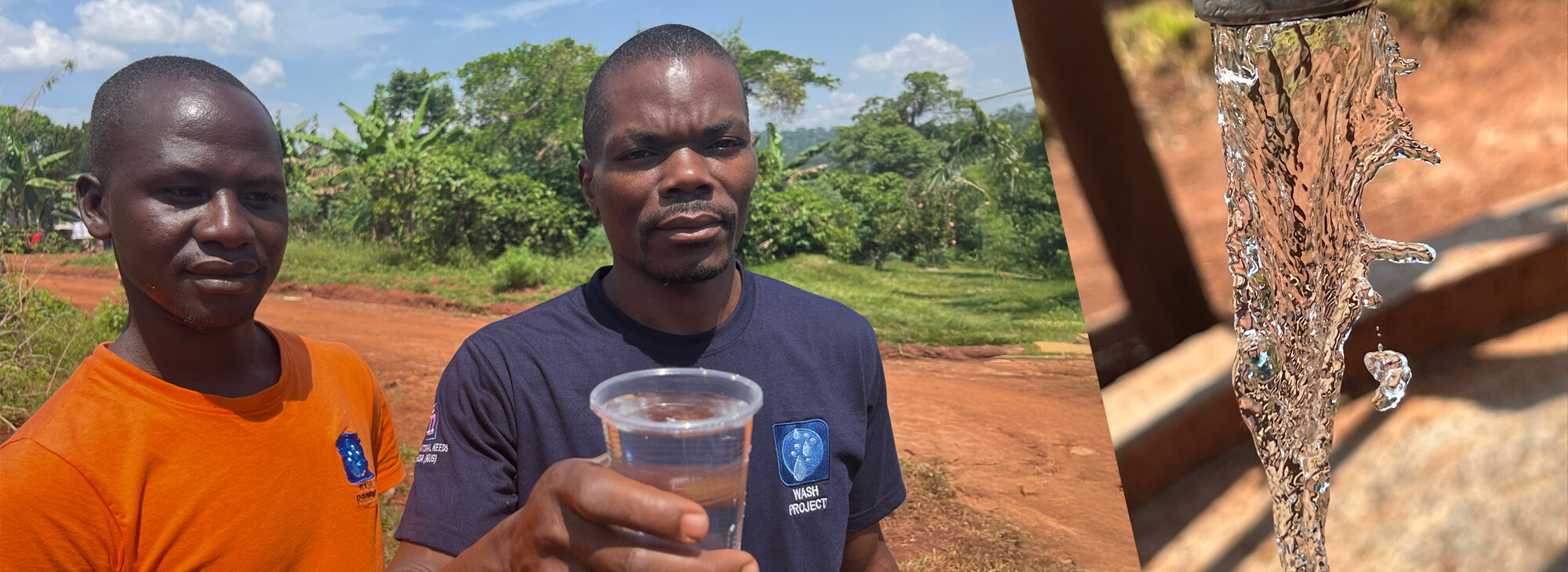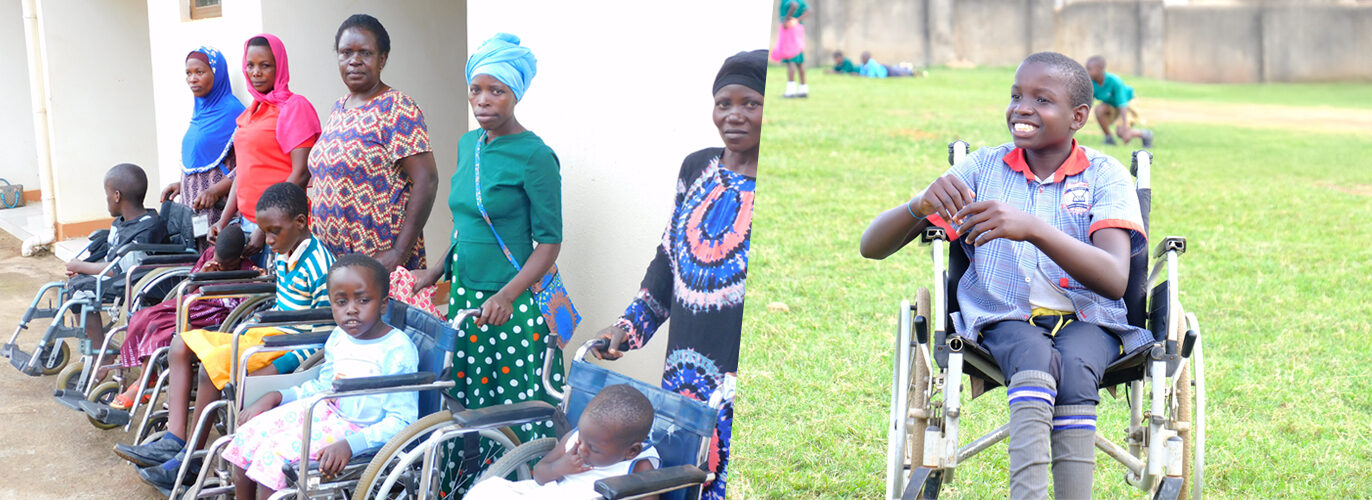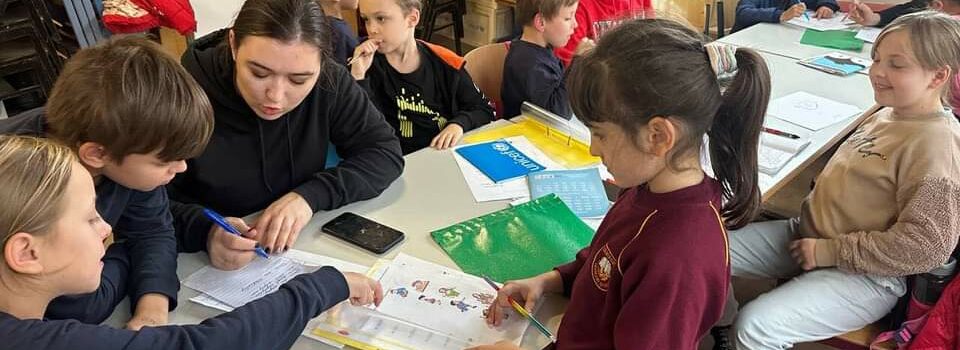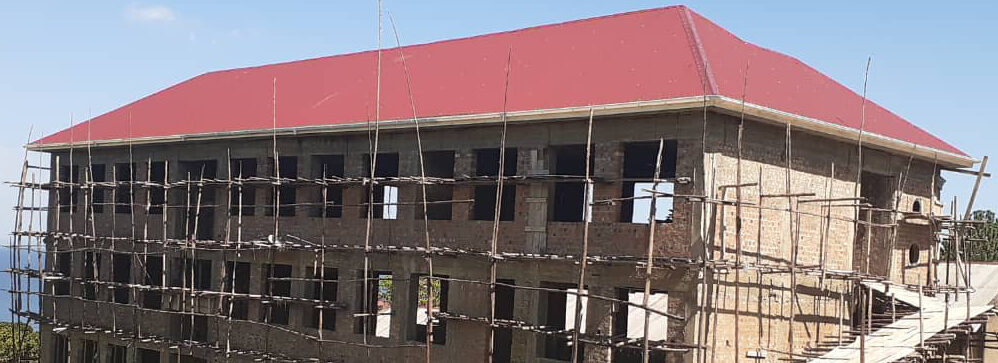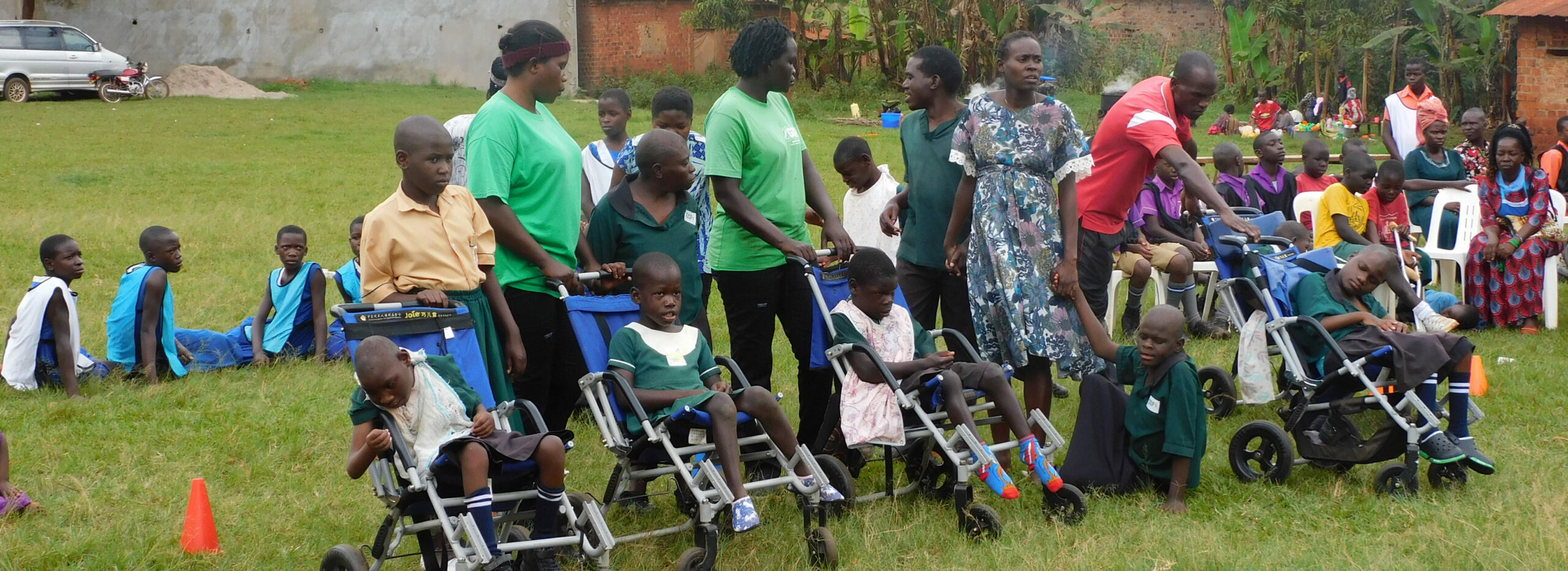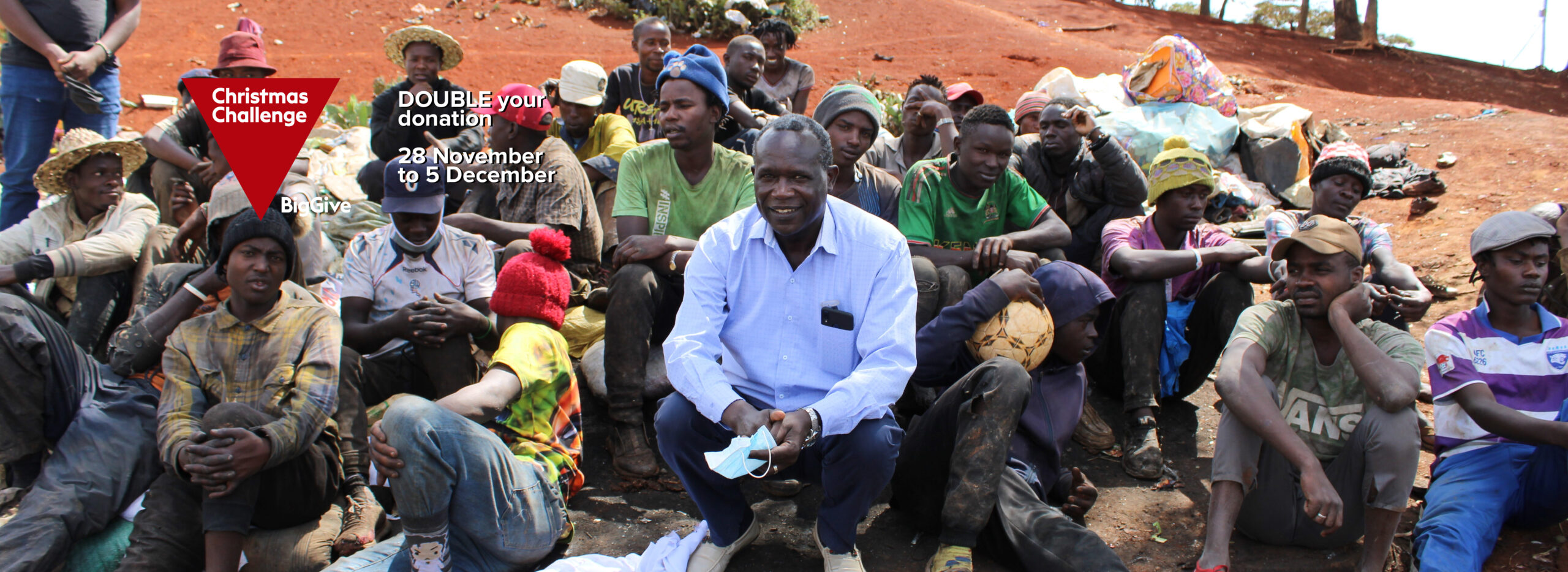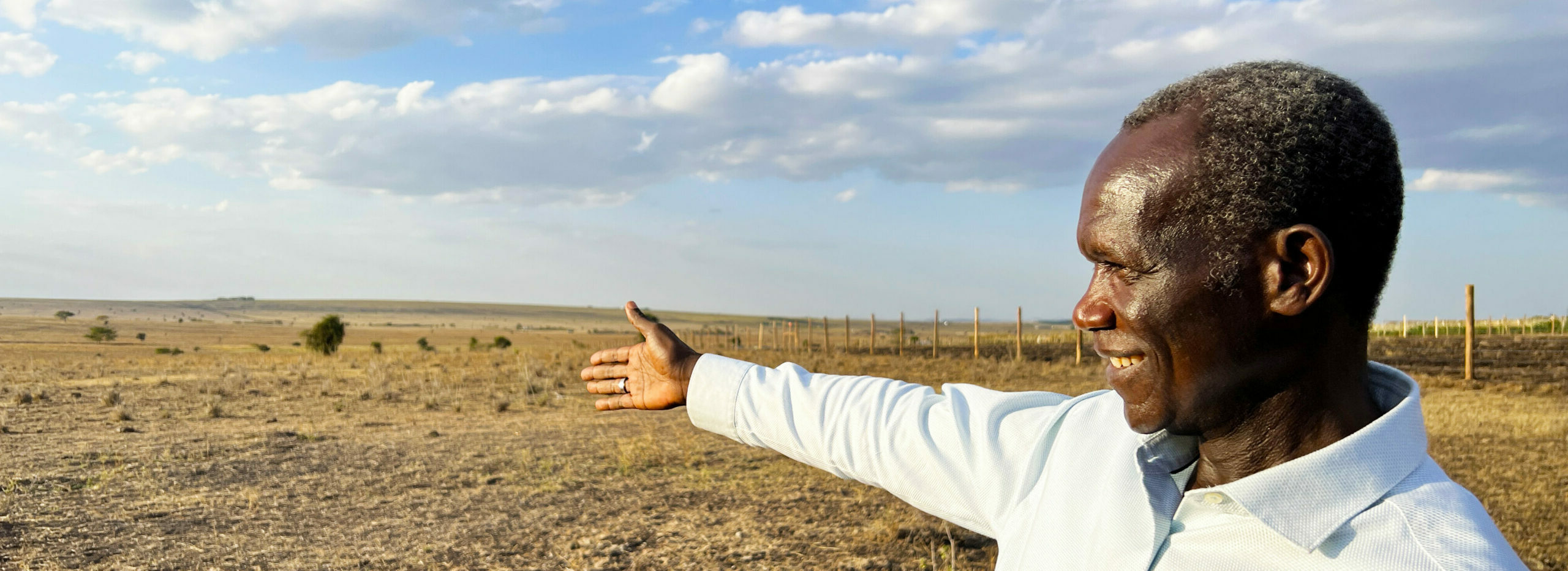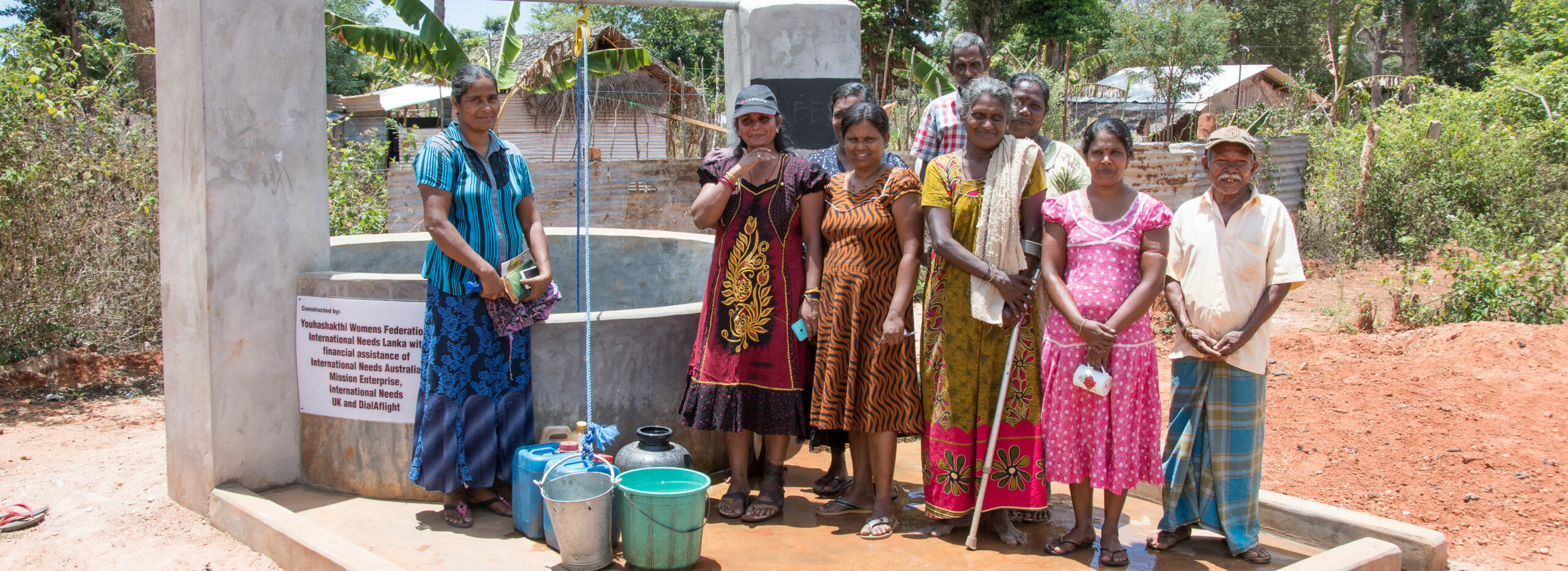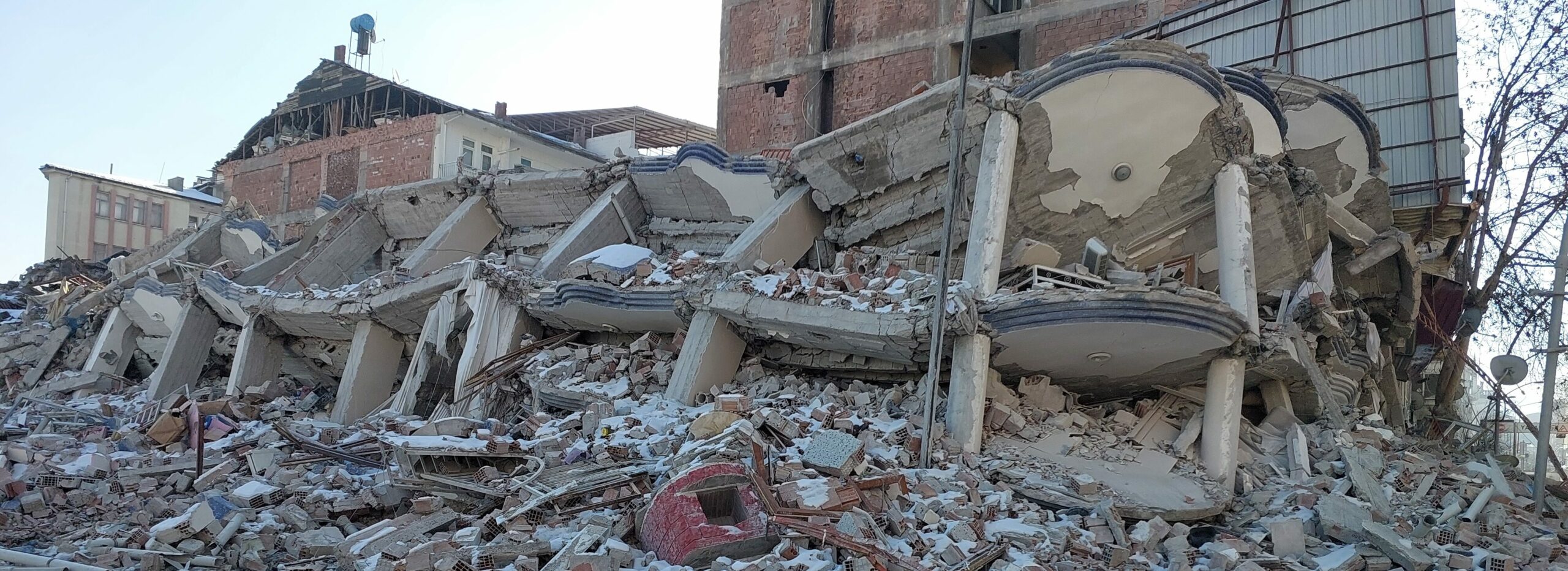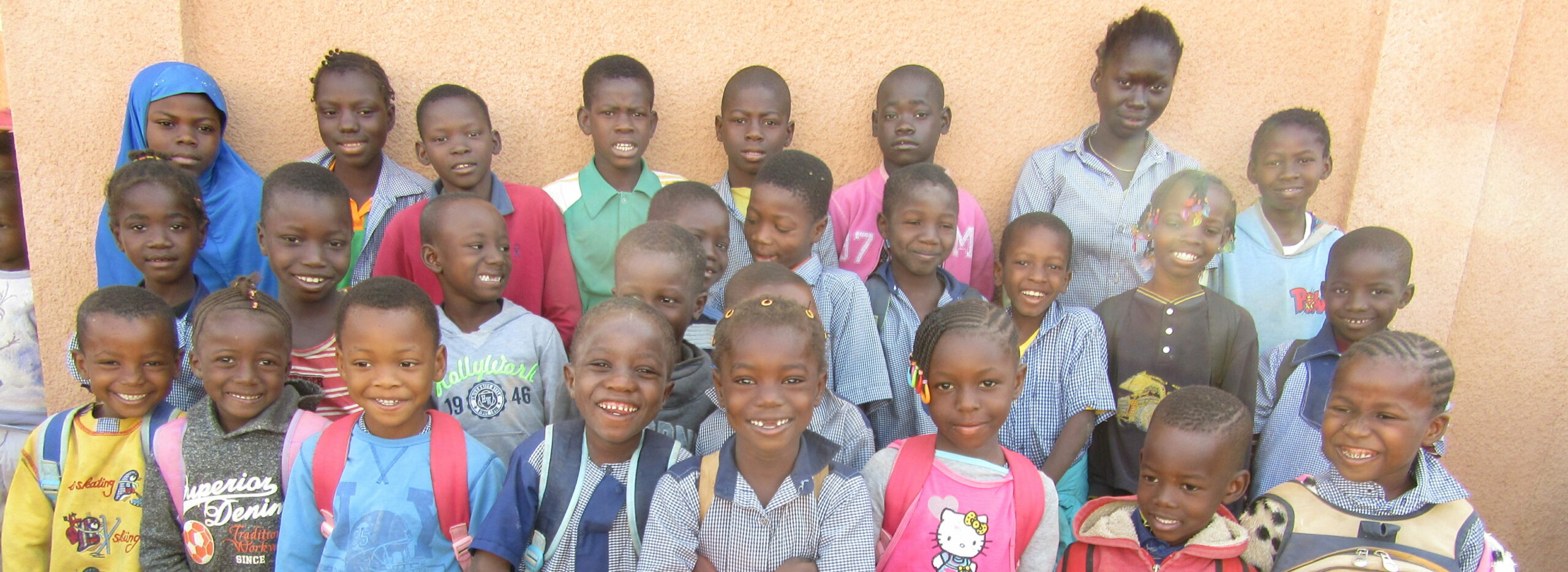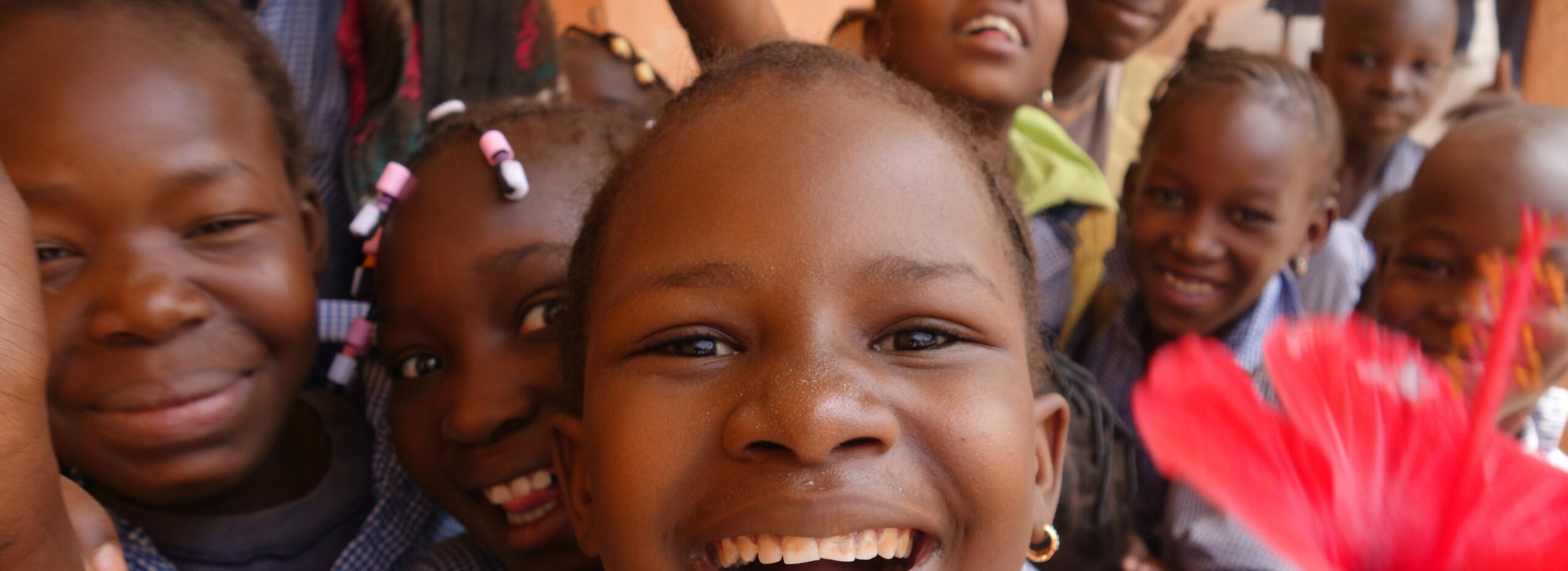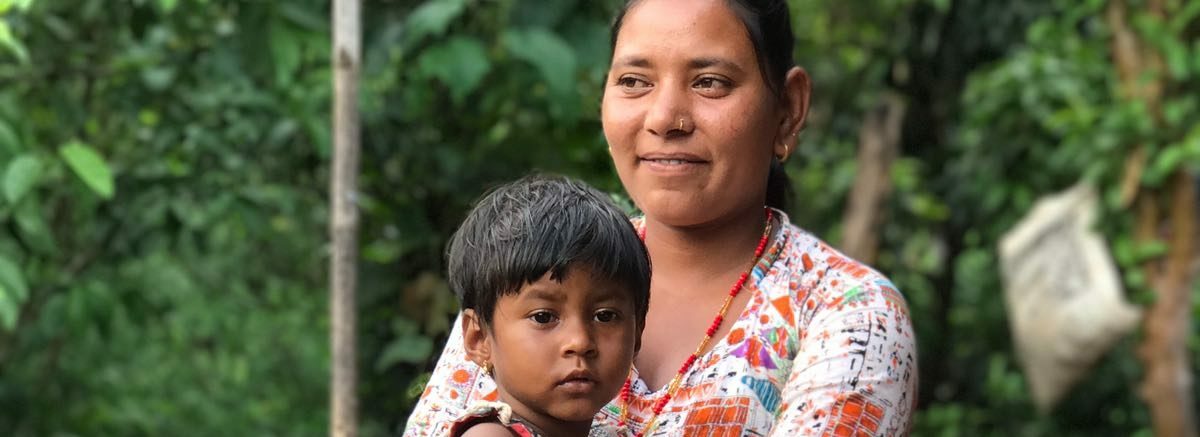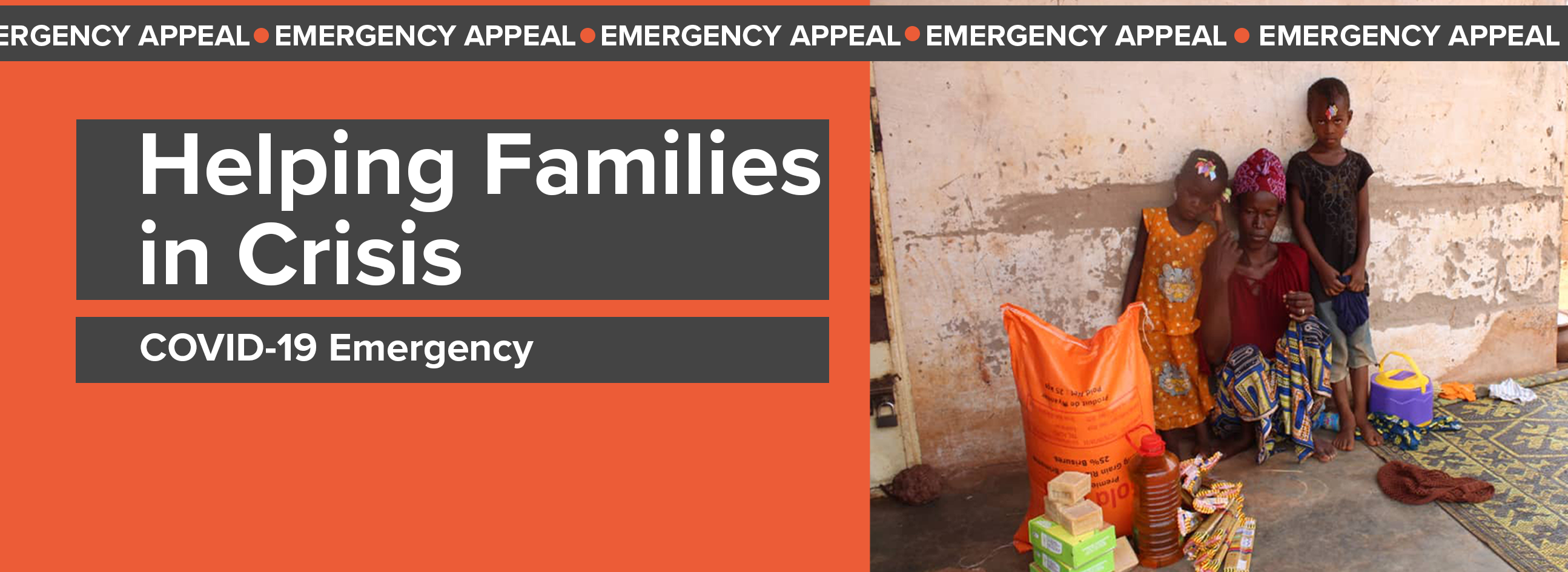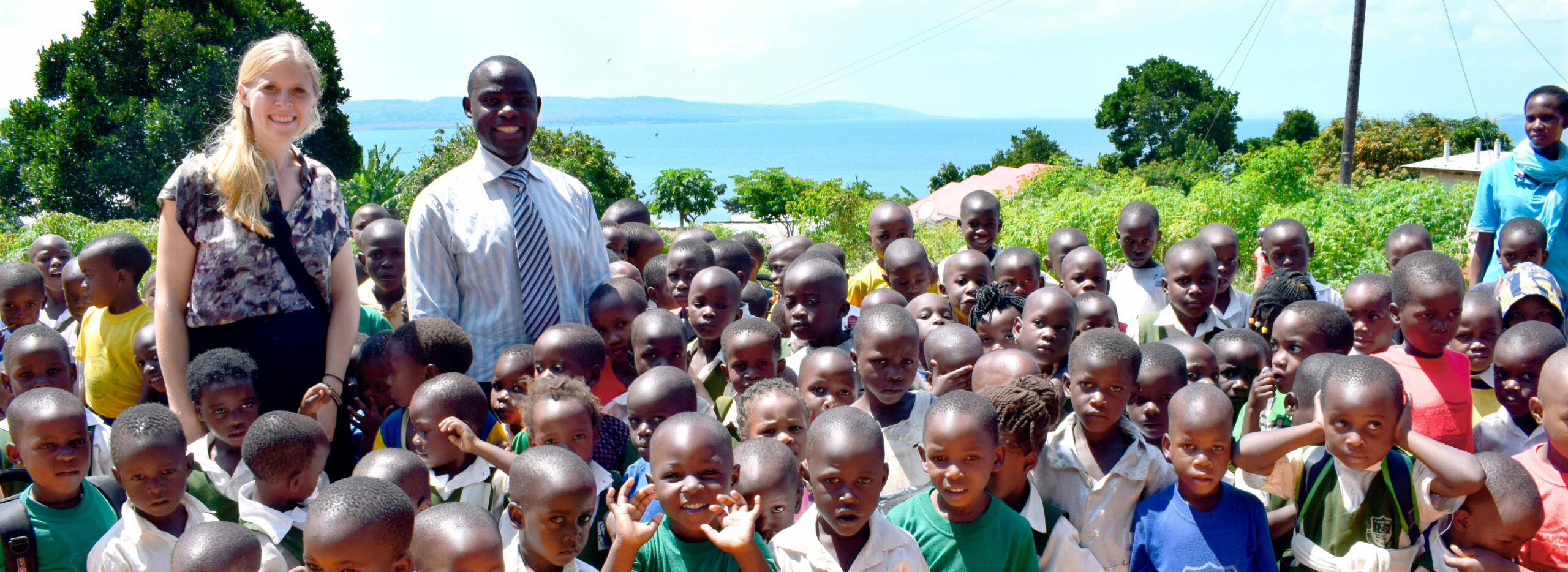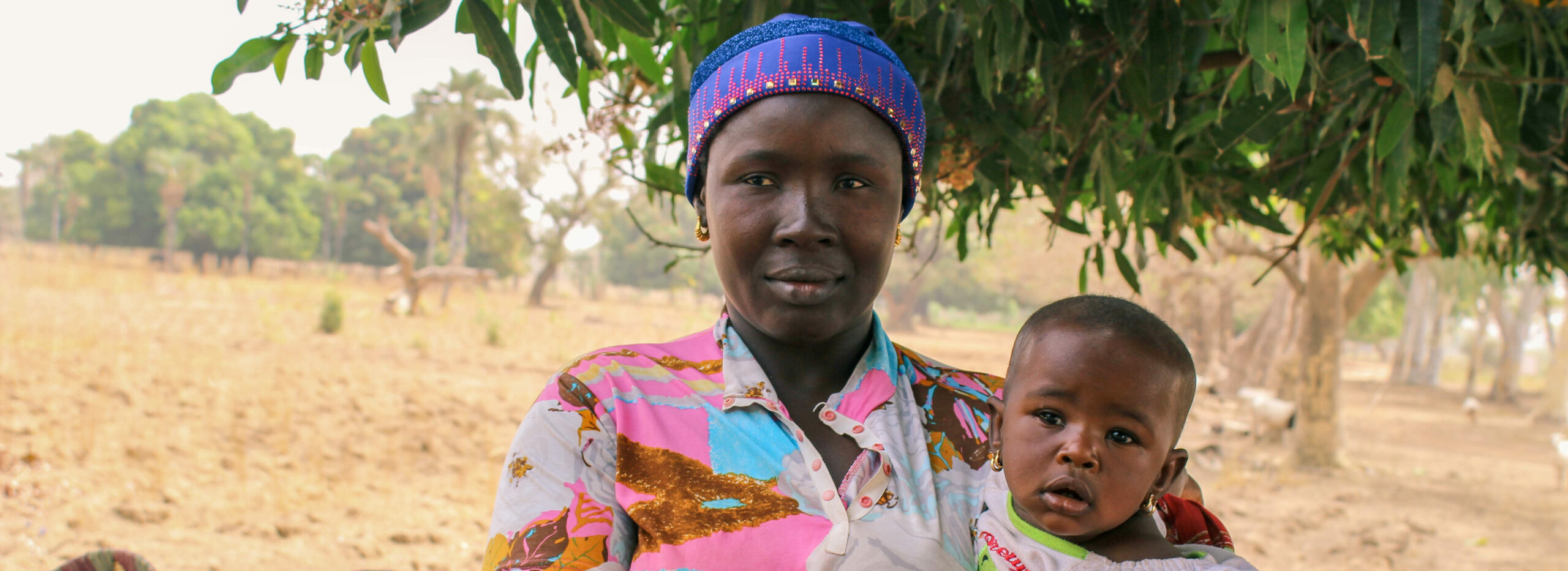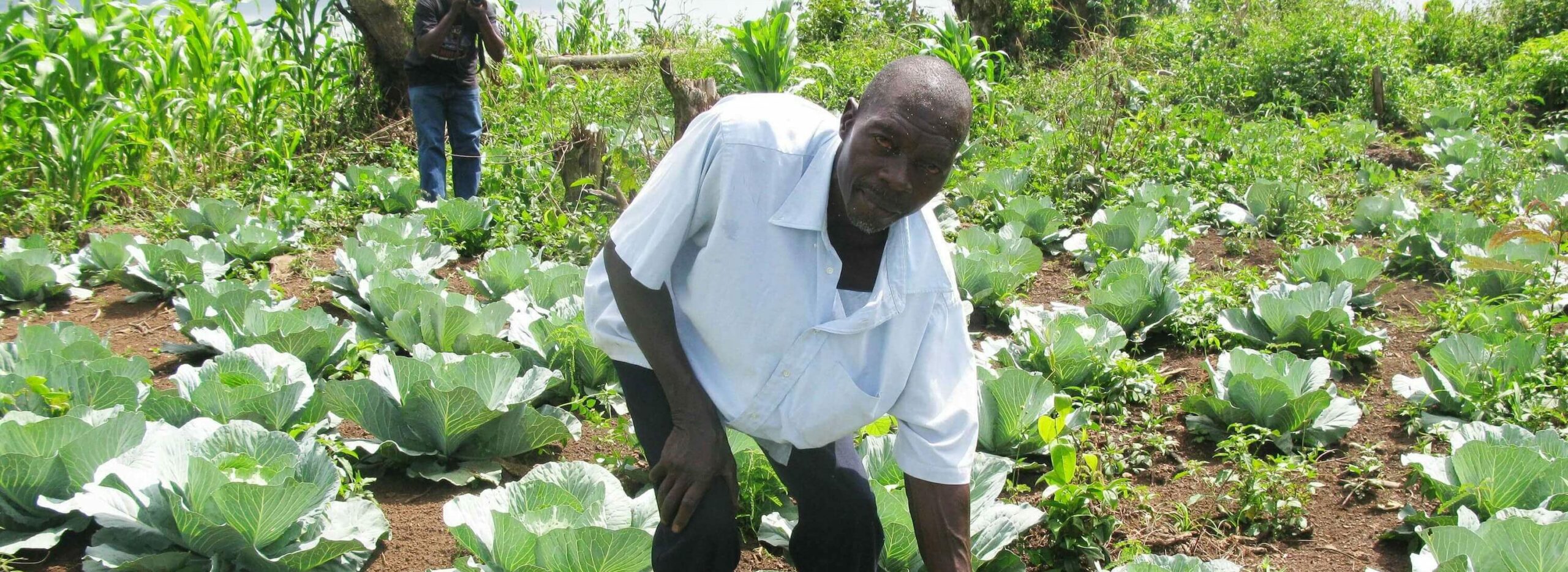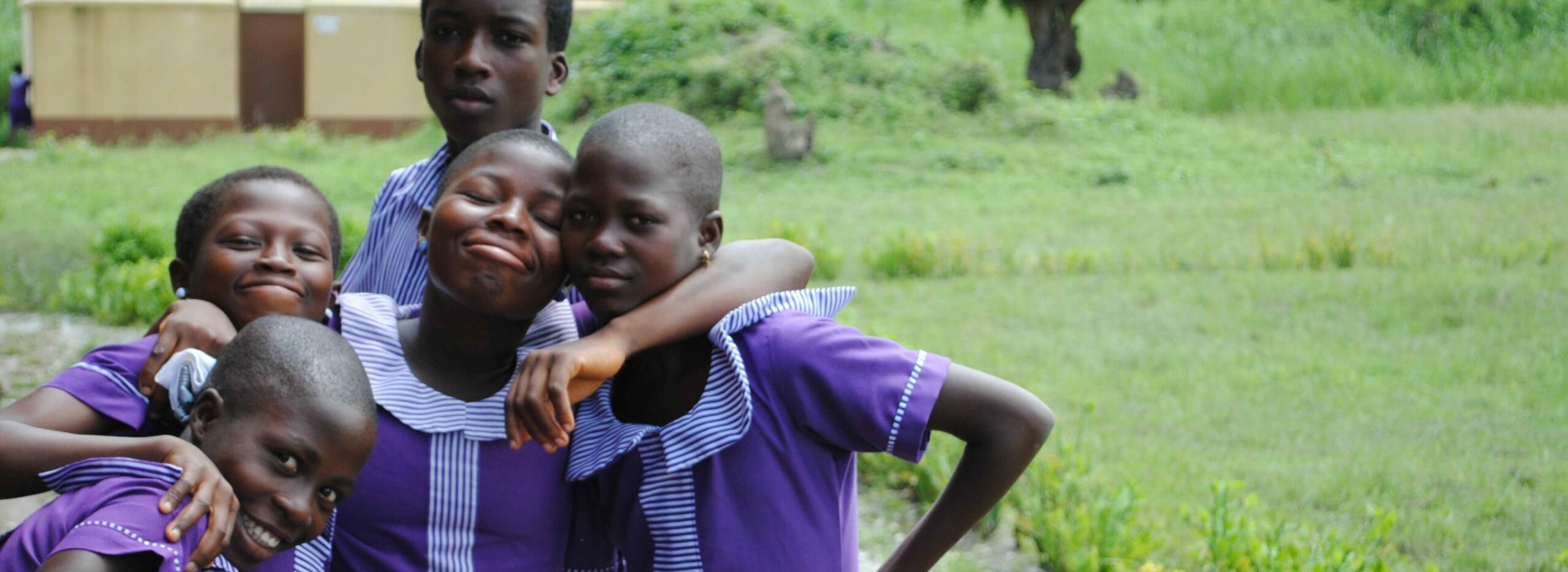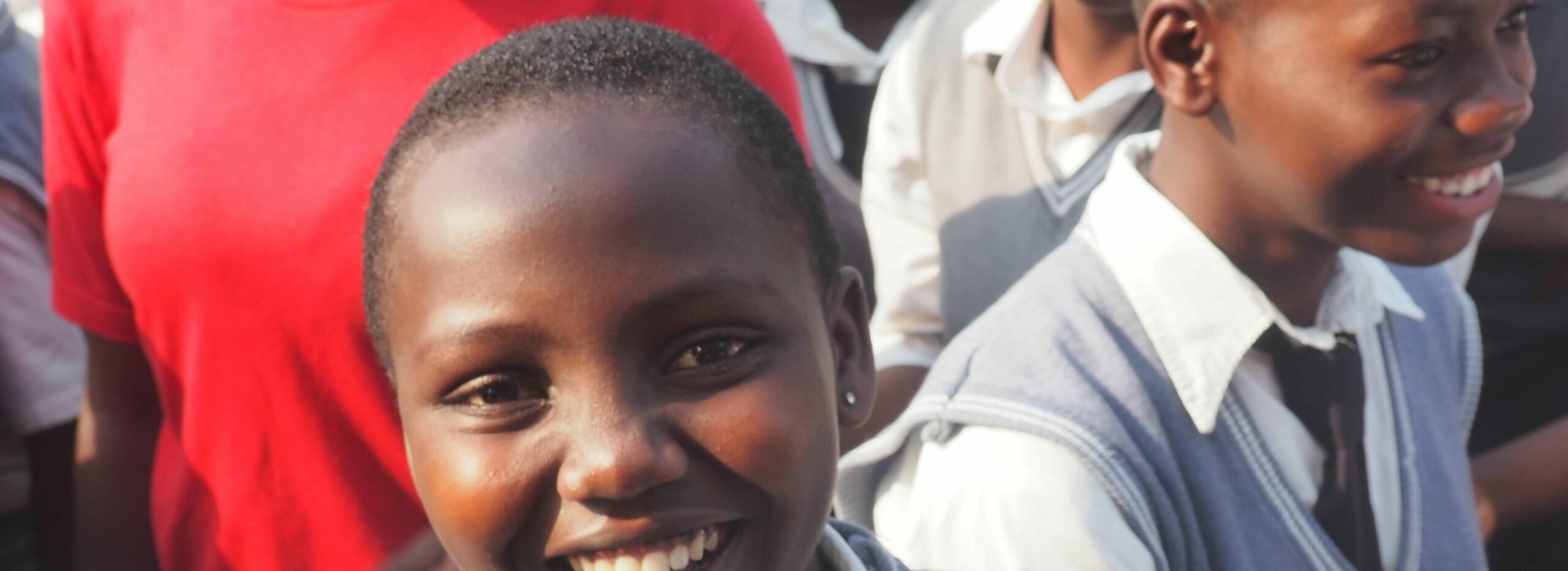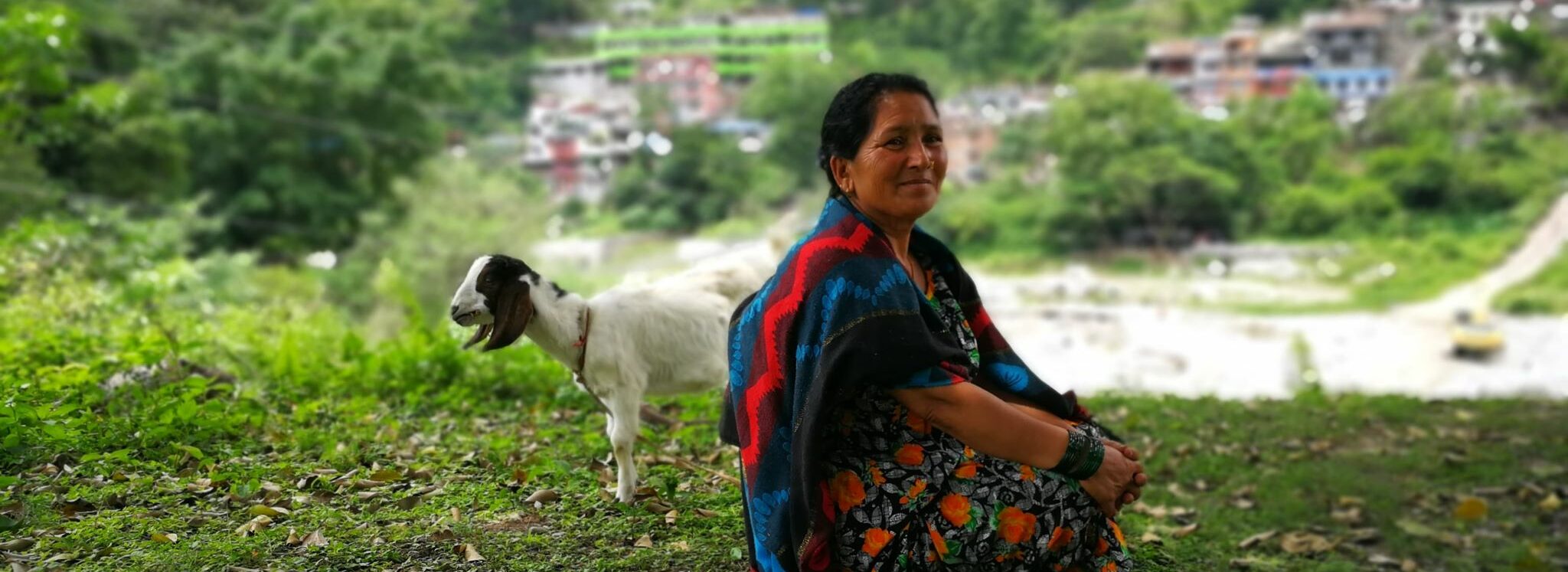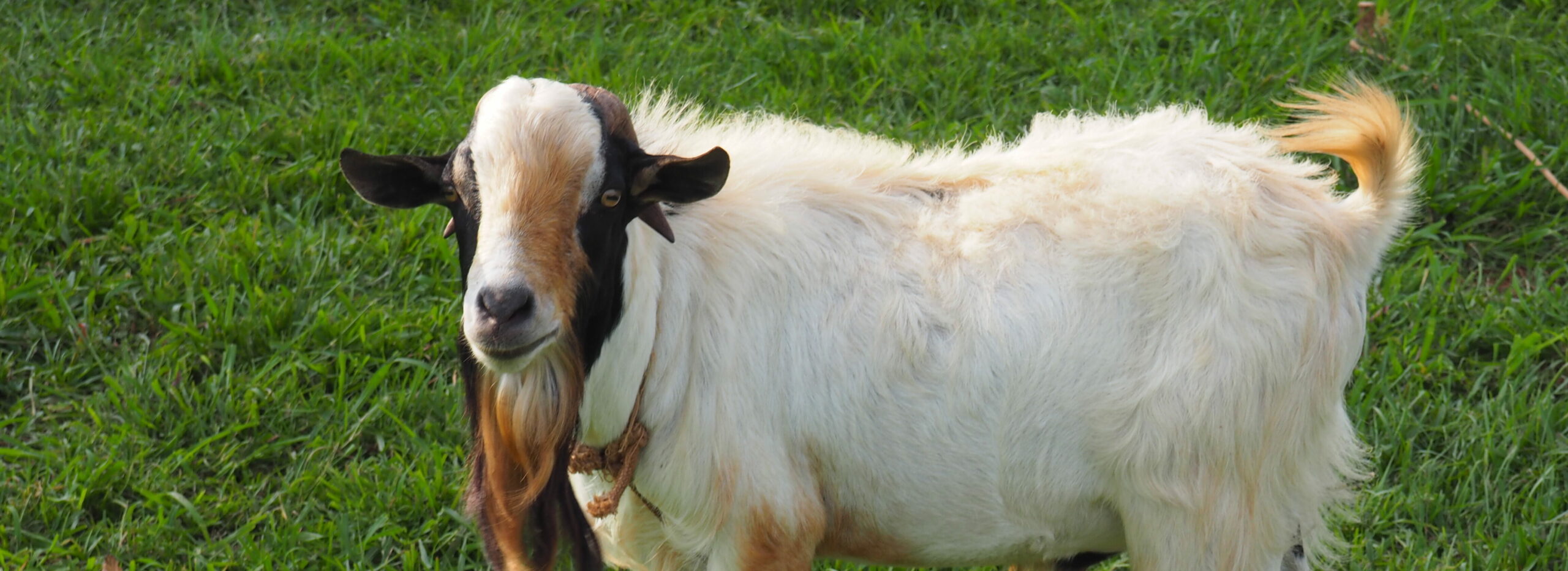Our projects: building impact from the ground up
We work directly with families in some of the poorest, most rural areas of our world. We believe that to make real change, it is necessary to do more than just meet their immediate needs; we therefore offer solutions that will boost income, increase employment, and provide affordable healthcare and education for generations to come.

250k
More than 250k families are supported each year within the IN Network
30+
We partner with local leaders in more than 30 countries around the world.
1,000
Over 1,000 children are sponsored in their education by supporters in the UK
Browse Countries:
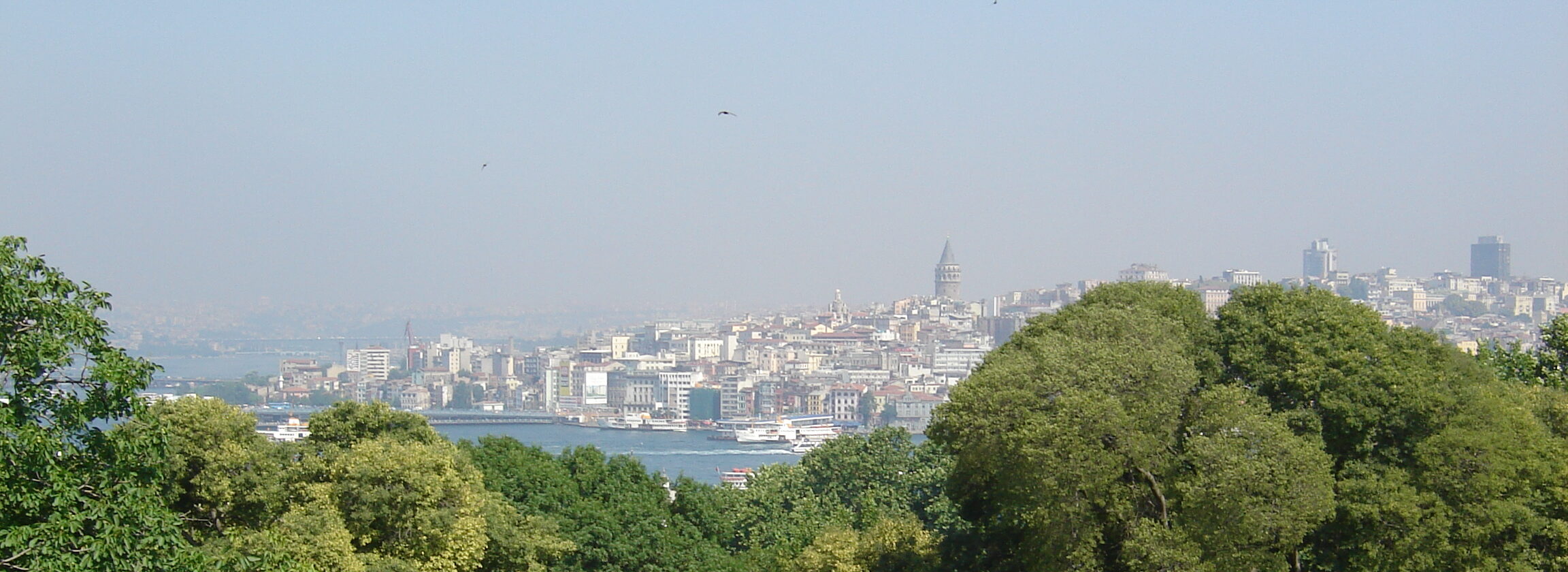
Turkey
Turkey, officially the Republic of Türkiye, is a transcontinental country located mainly on the Anatolian Peninsula in Western Asia, with a small portion on the Balkan Peninsula in Southeast Europe.
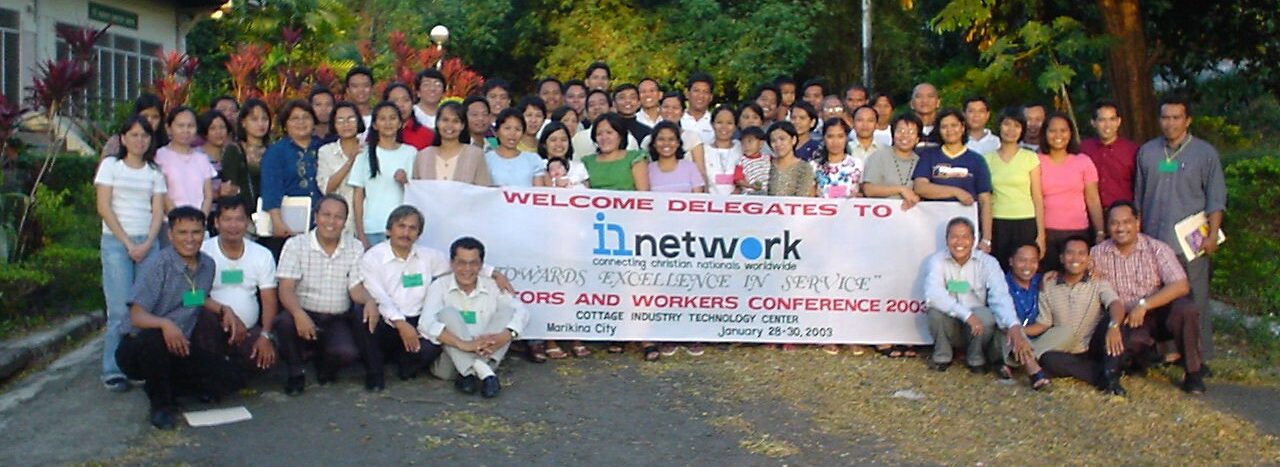
Philippines
The Philippines, officially the Republic of the Philippines, is an archipelagic country in Southeast Asia. It is situated in the western Pacific Ocean and consists of around 7,641 islands that are broadly categorised under three main geographical divisions from north to south: Luzon, Visayas, and Mindanao.
The staple food in the Philippines is rice, eaten for breakfast, lunch and dinner. Fried rice is a favourite served with different toppings such as fish, egg, or sausages. Fruits and vegetables are commonly used in cooking, especially coconut, banana, guava, mango, pineapple, water spinach, cabbage and eggplant. Meat and seafood are popular and are often served with a dipping sauce. Most desserts and sweets are made from a base of rice and coconut mixed with sugary ingredients.
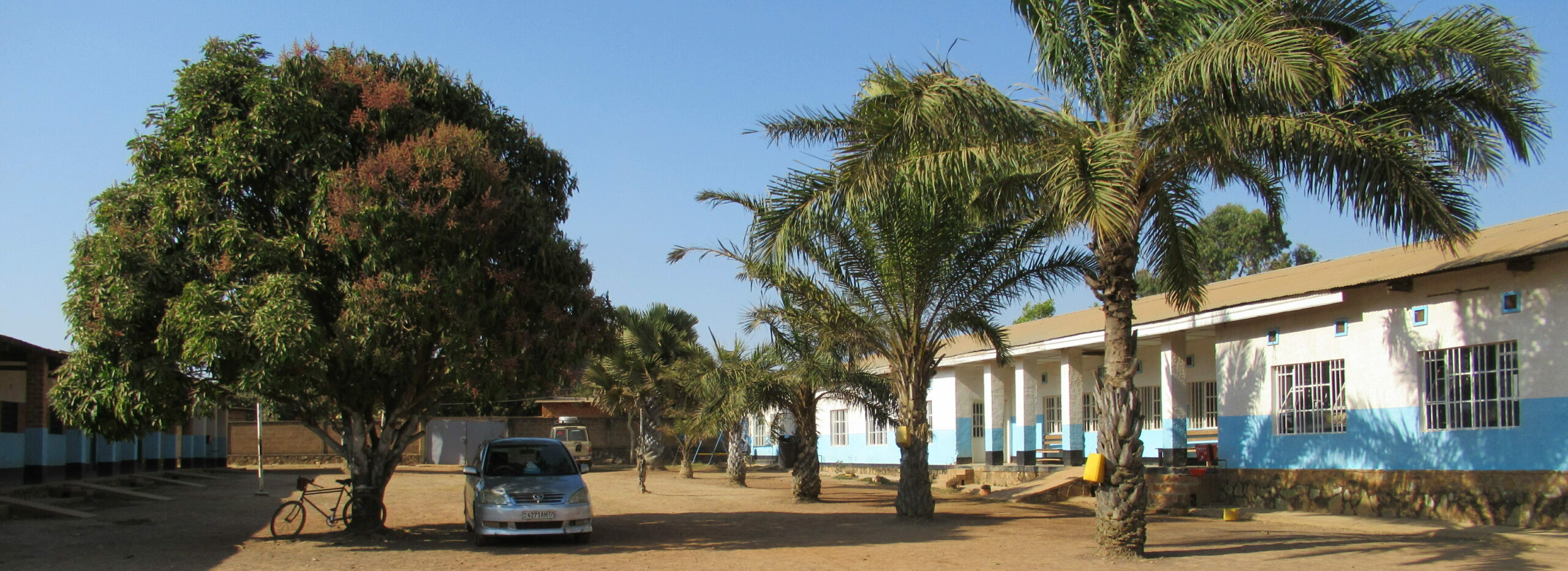
Democratic Republic of the Congo
The Democratic Republic of the Congo is a country in Central Africa bordered to the west by the South Atlantic Ocean. By area, the DRC is the second-largest country in Africa and the 11th-largest in the world.
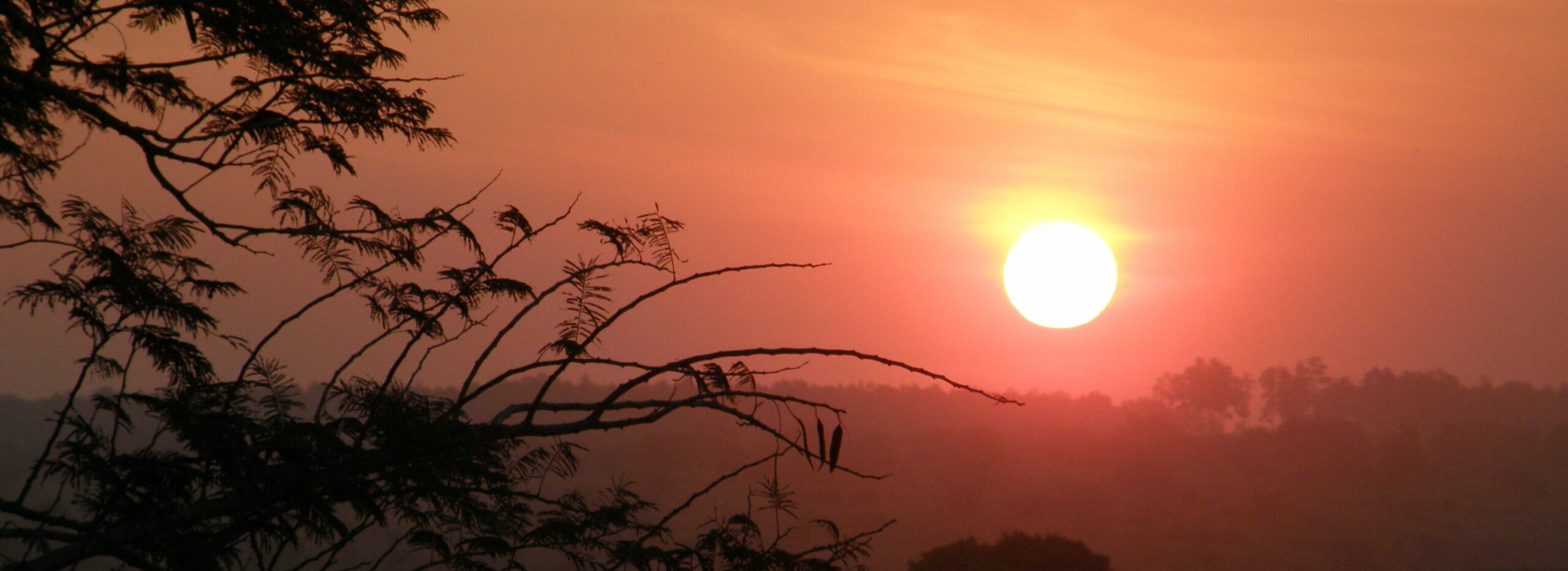
Zambia
Zambia, in southern Africa, is a landlocked country of rugged terrain and diverse wildlife, with many parks and safari areas. On its border with Zimbabwe is the famed Victoria Falls.
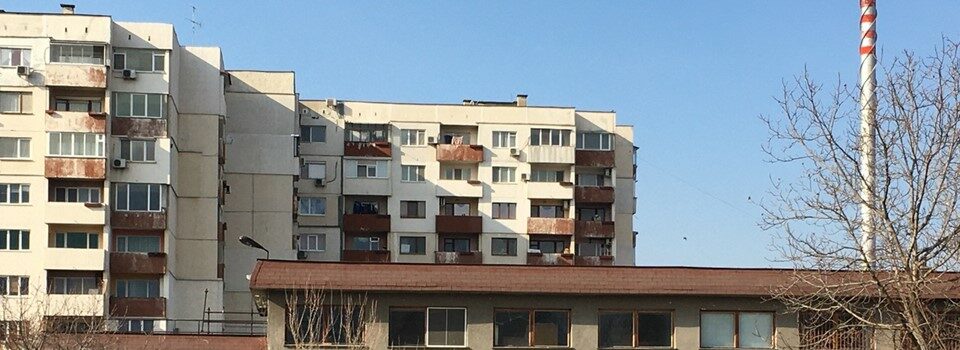
Bulgaria
International Needs Bulgaria (IN Bulgaria)
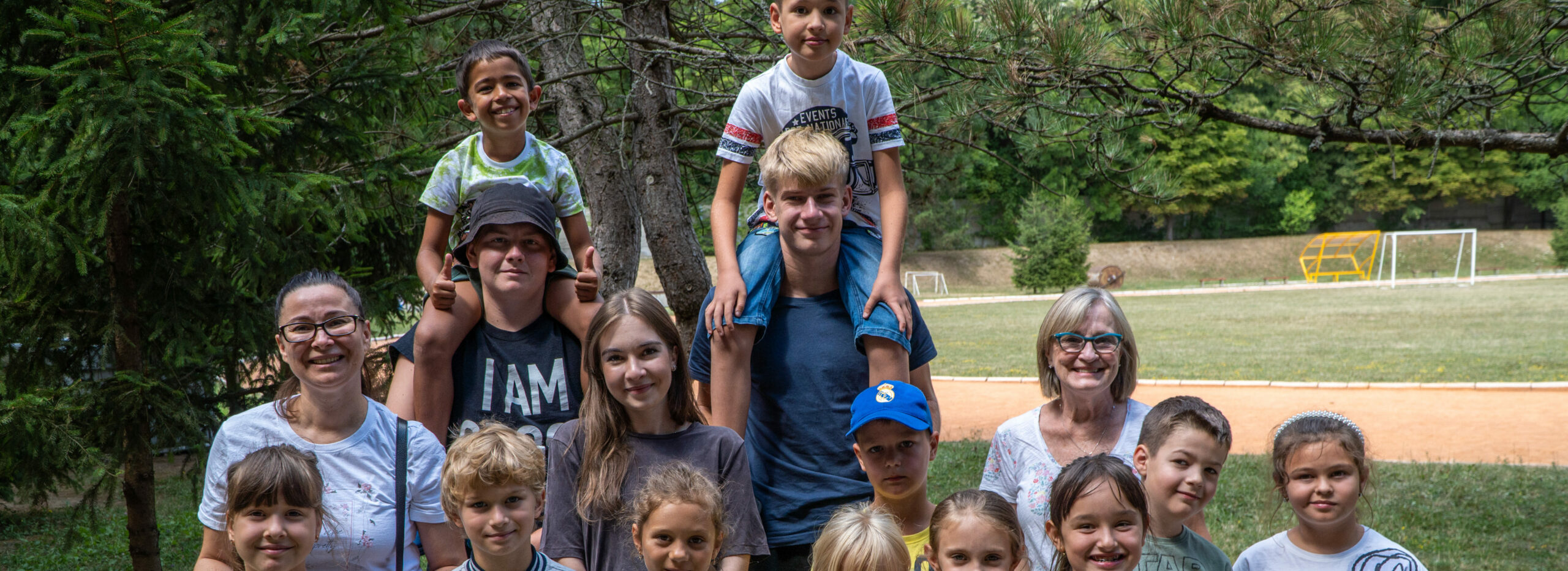
Slovakia
International Needs Slovakia (IN Slovakia)
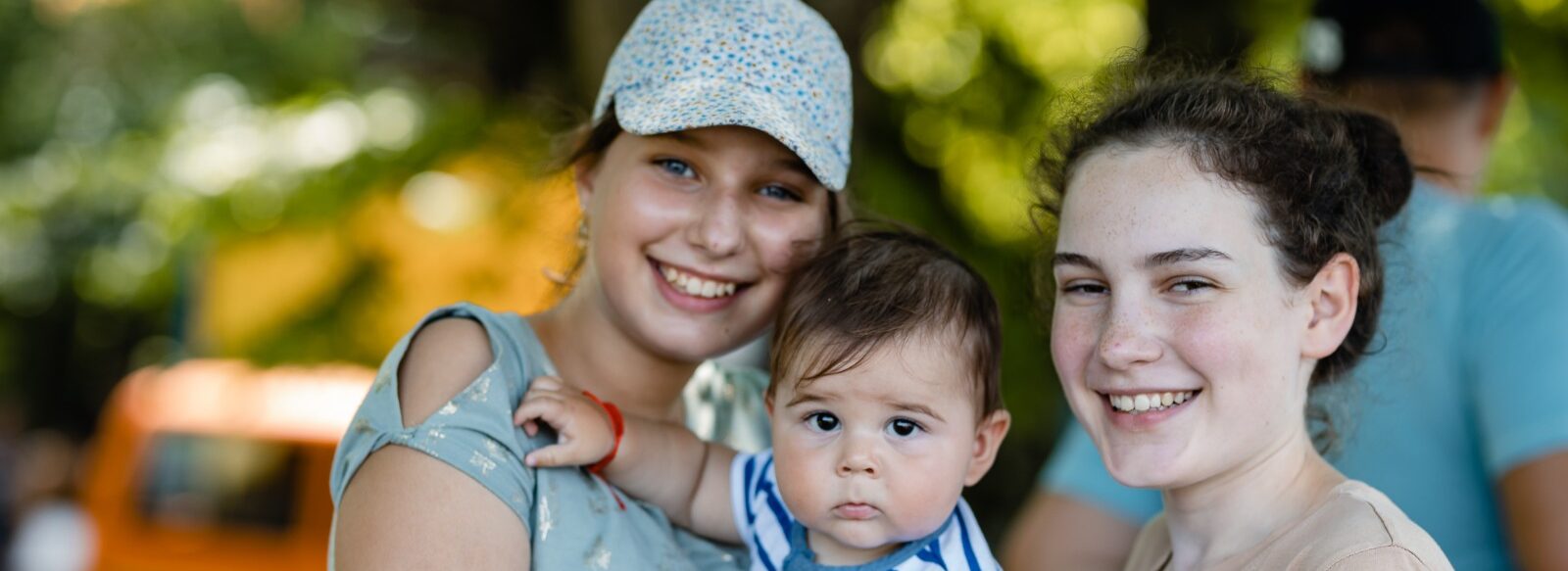
Romania
International Needs Romania (IN Romania) have been part of the International Needs Network for over 25 years. Their ministries focus on church planting, schools ministries and working with Roma communities.
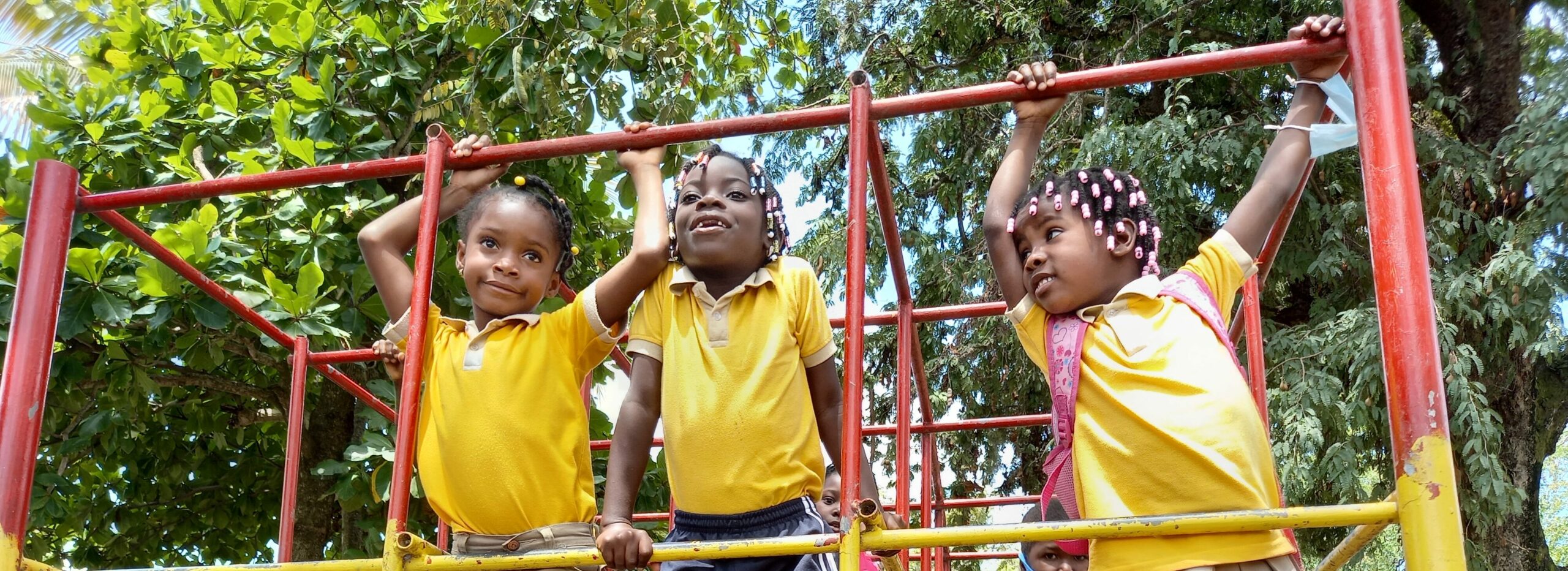
Dominican Republic
In Dominican Republic International Needs UK partners with Ruben Garcia who works for the Nest of Love Foundation and is the Principal for the Juan Calvino Christian School to support vulnerable school children with education delivery and associates school costs.
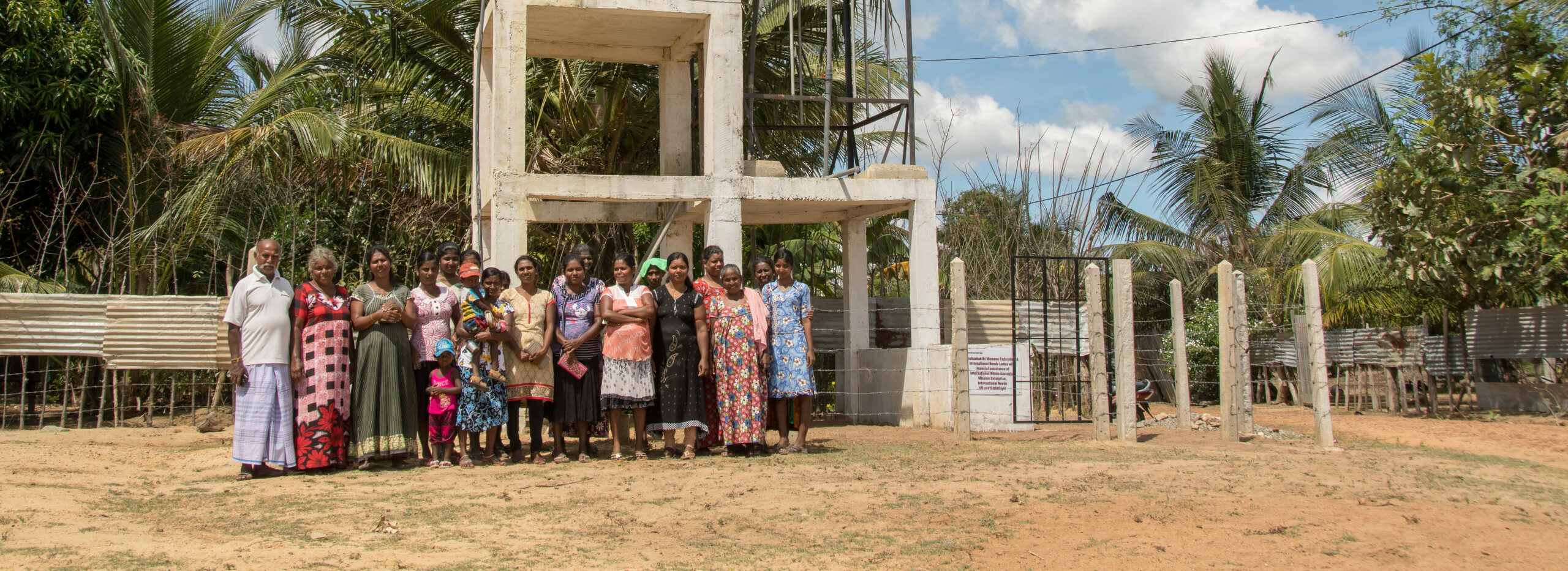
Sri Lanka
Set in the Indian Ocean in South Asia, the tropical island nation of Sri Lanka is a place where the original soul of Buddhism still flourishes and where nature’s beauty remains abundant and unspoilt. Few places in the world can offer such a remarkable combination of stunning landscapes, pristine beaches, captivating cultural heritage and unique experiences within such a compact location.
Sri Lankans celebrate Buddhist and Hindu festivals, which may include dances and richly decorated elephants. Dishes include rice and curry, pittu, Kiribath, wholemeal Roti, String hoppers, wattalapam, kottu and hoppers. Traditionally food is served on a plantain leaf.
The main industries in Sri Lanka include: tourism, the tea industry, the apparel and textile industry, agriculture, the IT industry and mining.
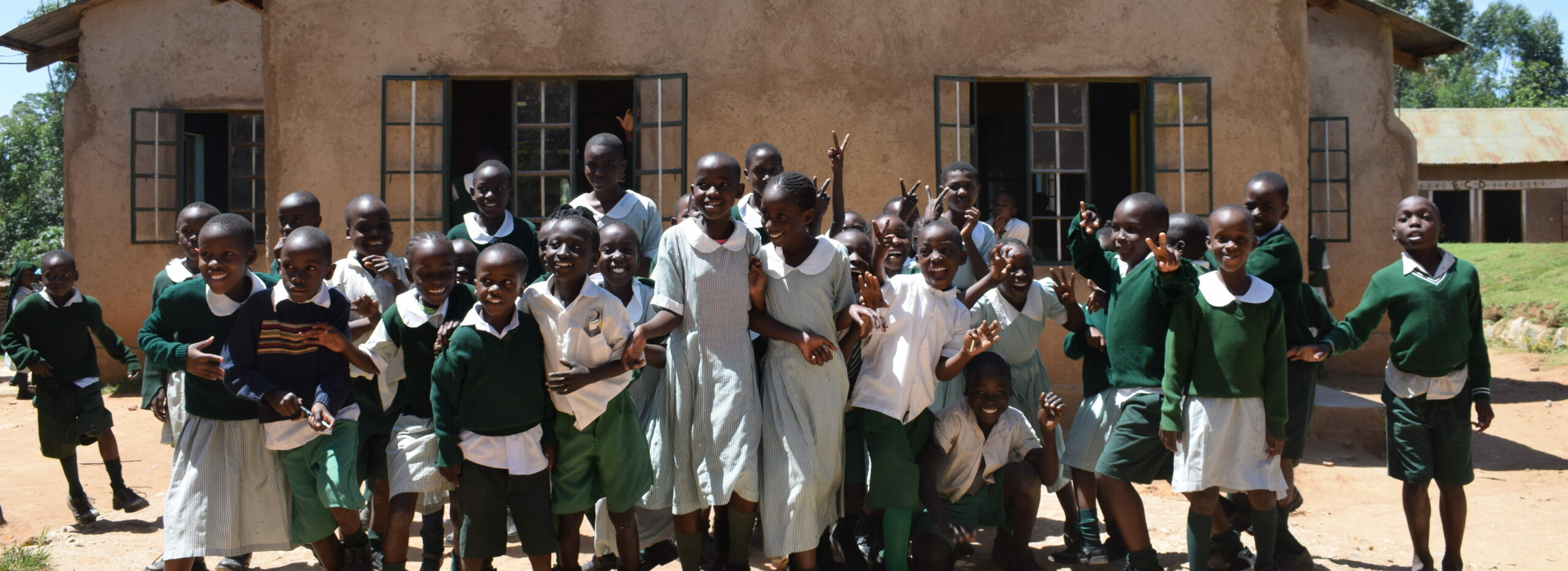
Kenya
Kenya is located in East Africa. The country gained independence in 1963. Kenya is famous for its beautiful landscapes and variety of wild animals. Although the Kenyan coastline has a tropical climate, much of the country is characterised by arid lands.
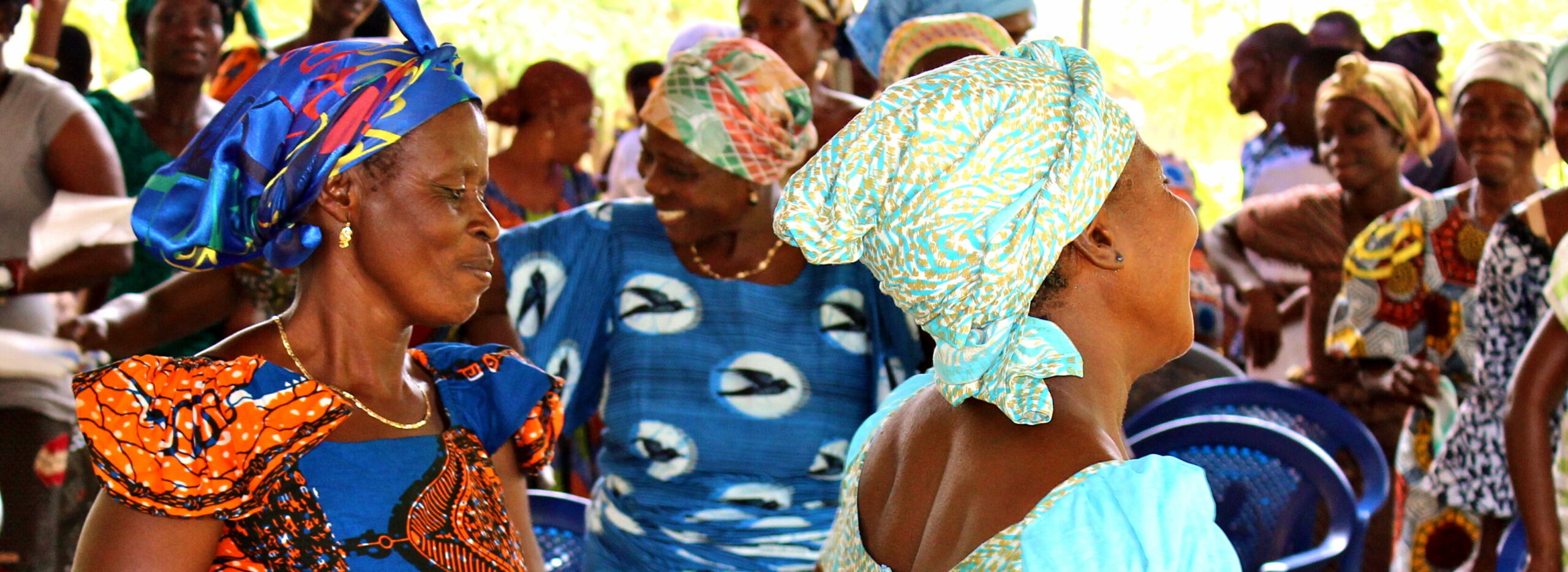
Ghana
Ghana borders Togo, Côte d’Ivoire and Burkina Faso in West Africa. Ghana is a multi-ethnic country with a diverse population. In 1957, Ghana became the first African nation to become independent from British colonisation, inspiring many others to follow.
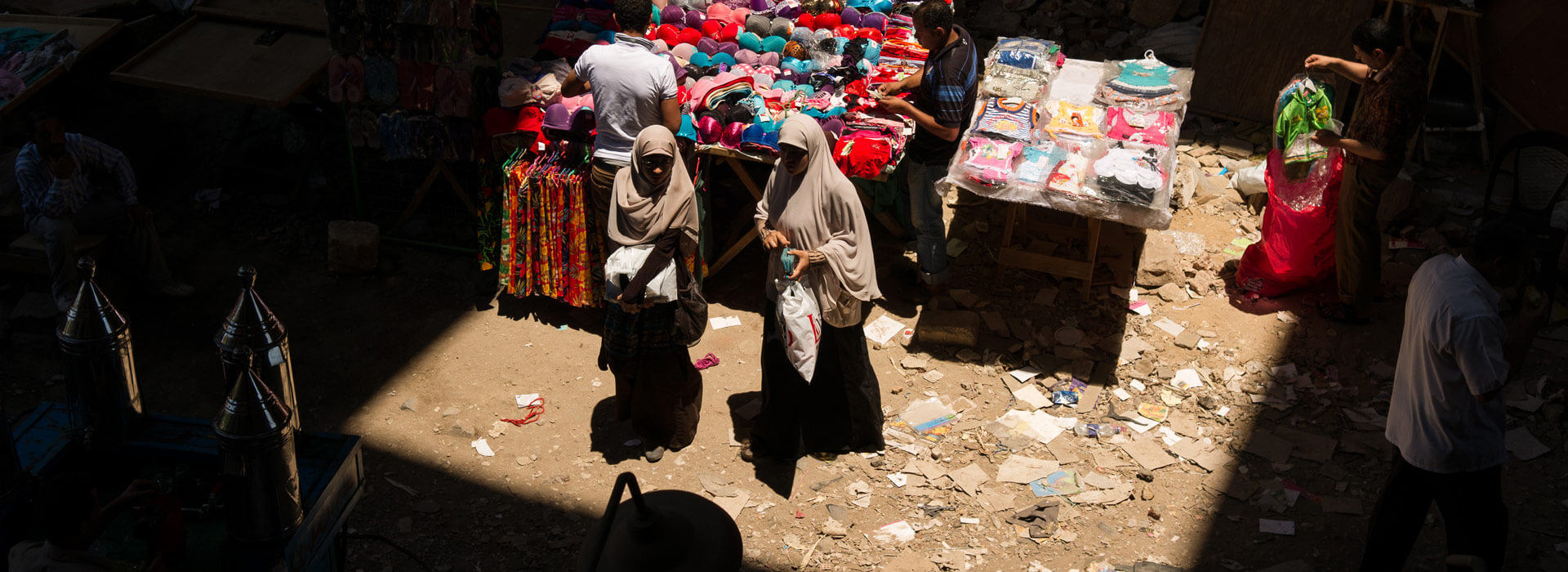
Egypt
International Needs Egypt (IN Egypt) is based in Cairo and works directly with vulnerable families in Egypt. We believe that we need to do more than just meet their immediate needs; we need to offer solutions that will boost income, increase employment, and provide affordable healthcare and education for generations to come.
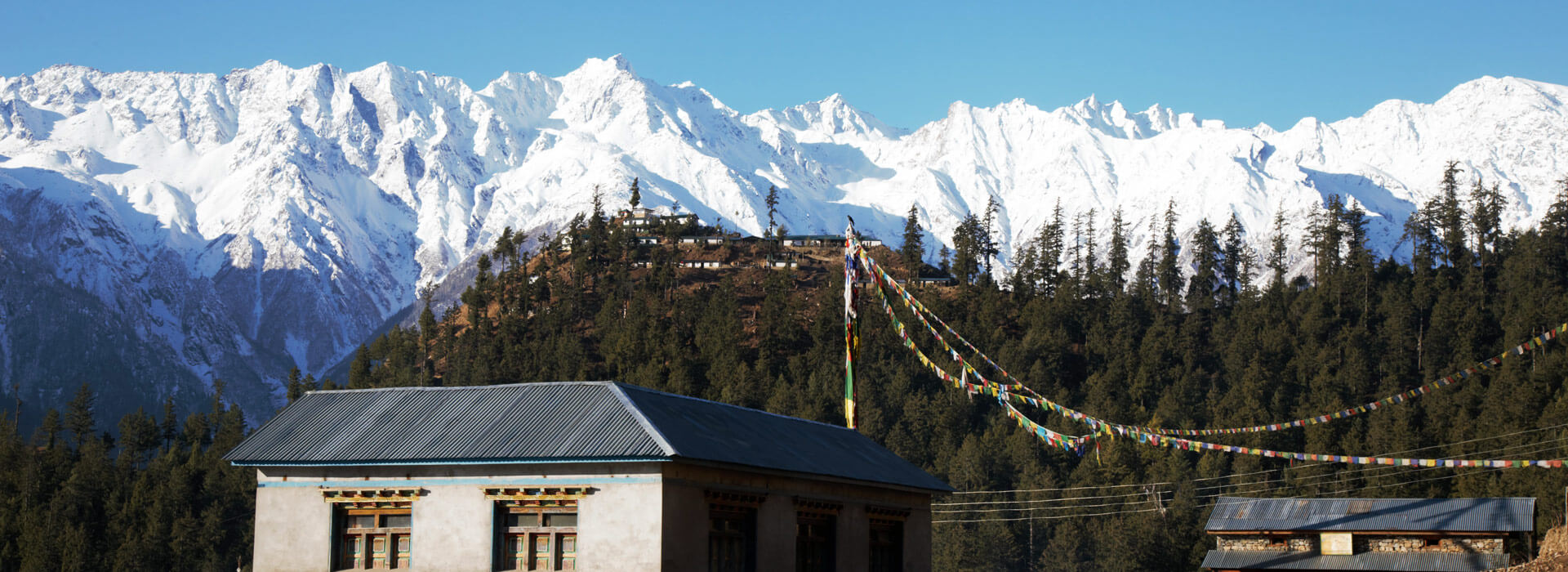
Nepal
Nepal is a landlocked country in South Asia situated in the Himalayas between China and India. It is the country of the Mount Everest, the highest mountain peak in the world, and the Birthplace of Gautama Buddha- Lumbini. Nepal boasts an extremely vibrant culture, which varies as much as the regions and people groups. The country gained independence in 1923.
Over the last 20 years, Nepal has made significant progress in education, with large increases in enrolment in primary school and literacy rates. However there are still many challenges to tackle. Inequality to access for rural areas, gender inequality and ethnic inequality are still significant issues.
Rice and curry is the staple food for most Nepalis, often served with dal (a lentil dish) and various vegetables. As a large majority of people here are Hindu, much of the cuisine is vegetarian. Agriculture is the main source of employment, with most of the population relying on this sector for income. Many children will be involved with helping their parents look after the family’s animals.
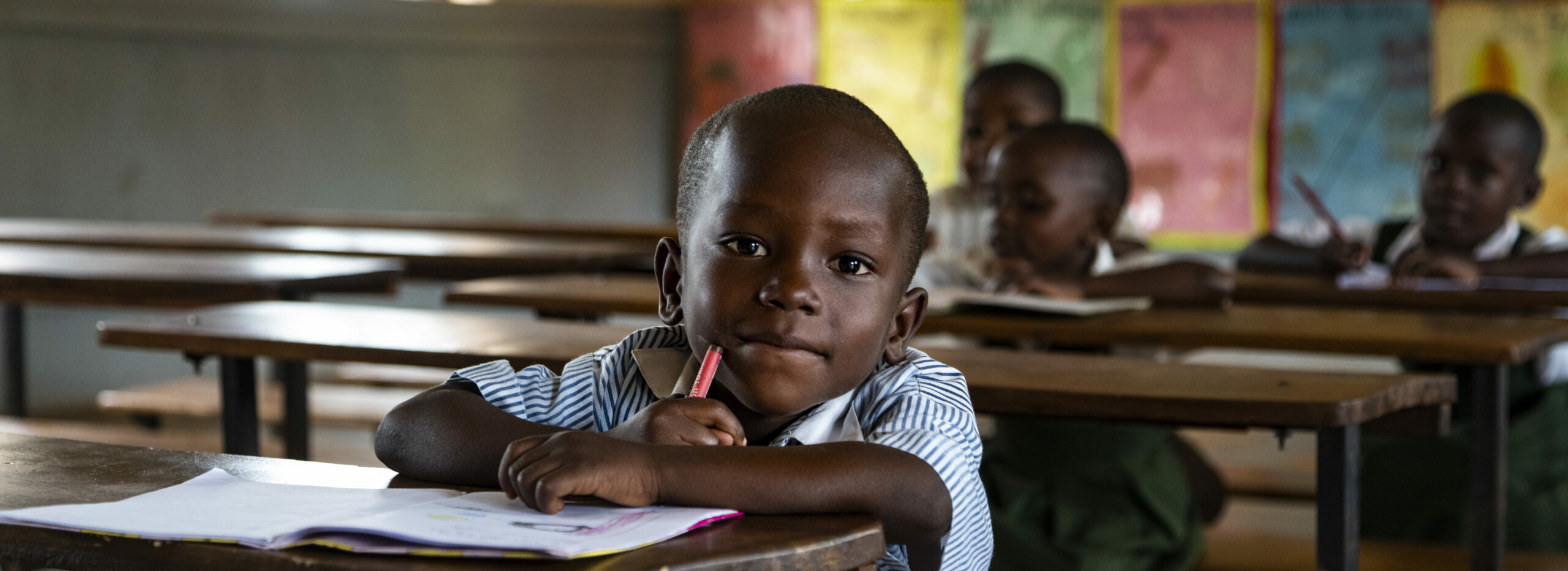
Uganda
The people of Uganda are formed from a rich diversity of tribes and ethnic groups, between them speaking over 40 different languages across the country. English and Swahili are the official languages of Uganda. In the Buikwe district the locally spoken language is Luganda.
Meat or chicken stews are a popular dish in Uganda. They come often served with rice, chapatti, posho (a stiff maize porridge) or matooke (a cooked plantain/banana mash). Many dishes include various vegetables, potatoes, yams, bananas and other tropical fruits.
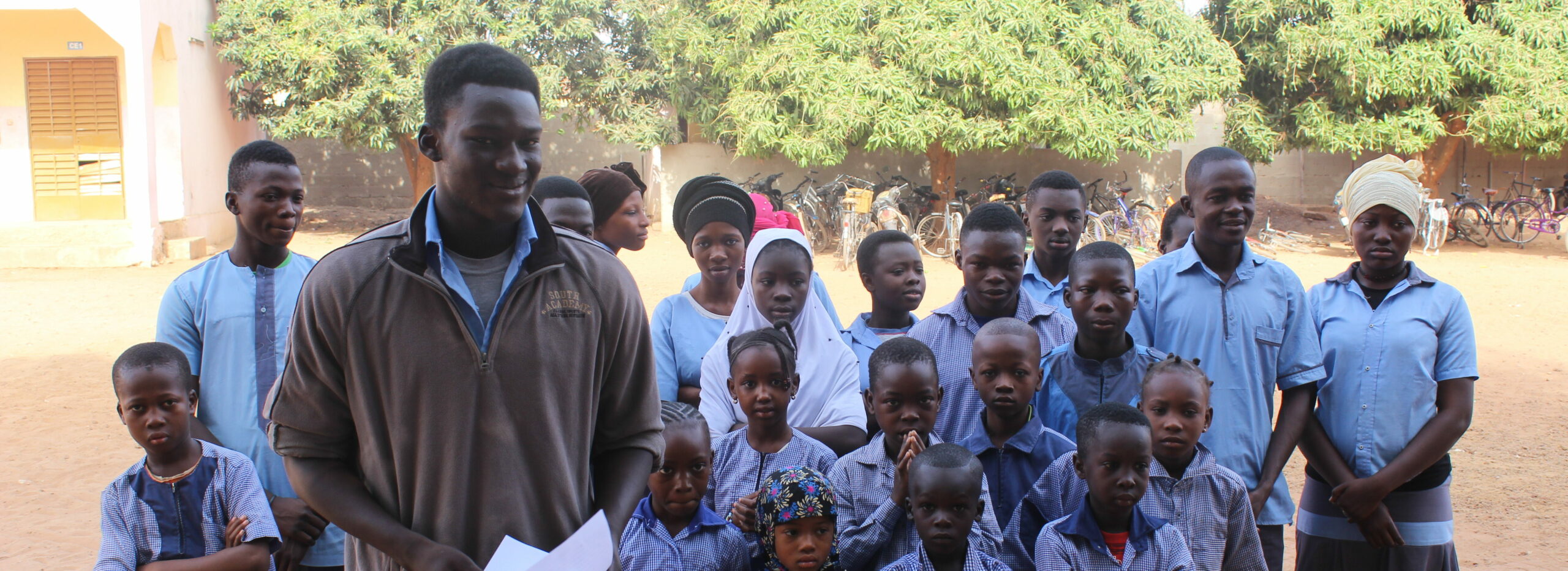
Burkina Faso
Burkina Faso is a landlocked country in West Africa. The country gained independence in 1960. Burkinabees, as they are known, are often colourfully dressed. Burkina Faso means “land of the upright man”. The country has significant reserves of gold and is a leader in African art and culture and hosts the largest craft market in Africa.
Burkina Faso is a very poor country and as a result has some of the lowest literacy rates on the planet. The literacy rate: 46% can read and write over the age of 15. For women in this age band, the figure is lower due to gender inequality.
where we serve
current projects
- Education
- Health
- Water
- Livelihoods
- Church Support
